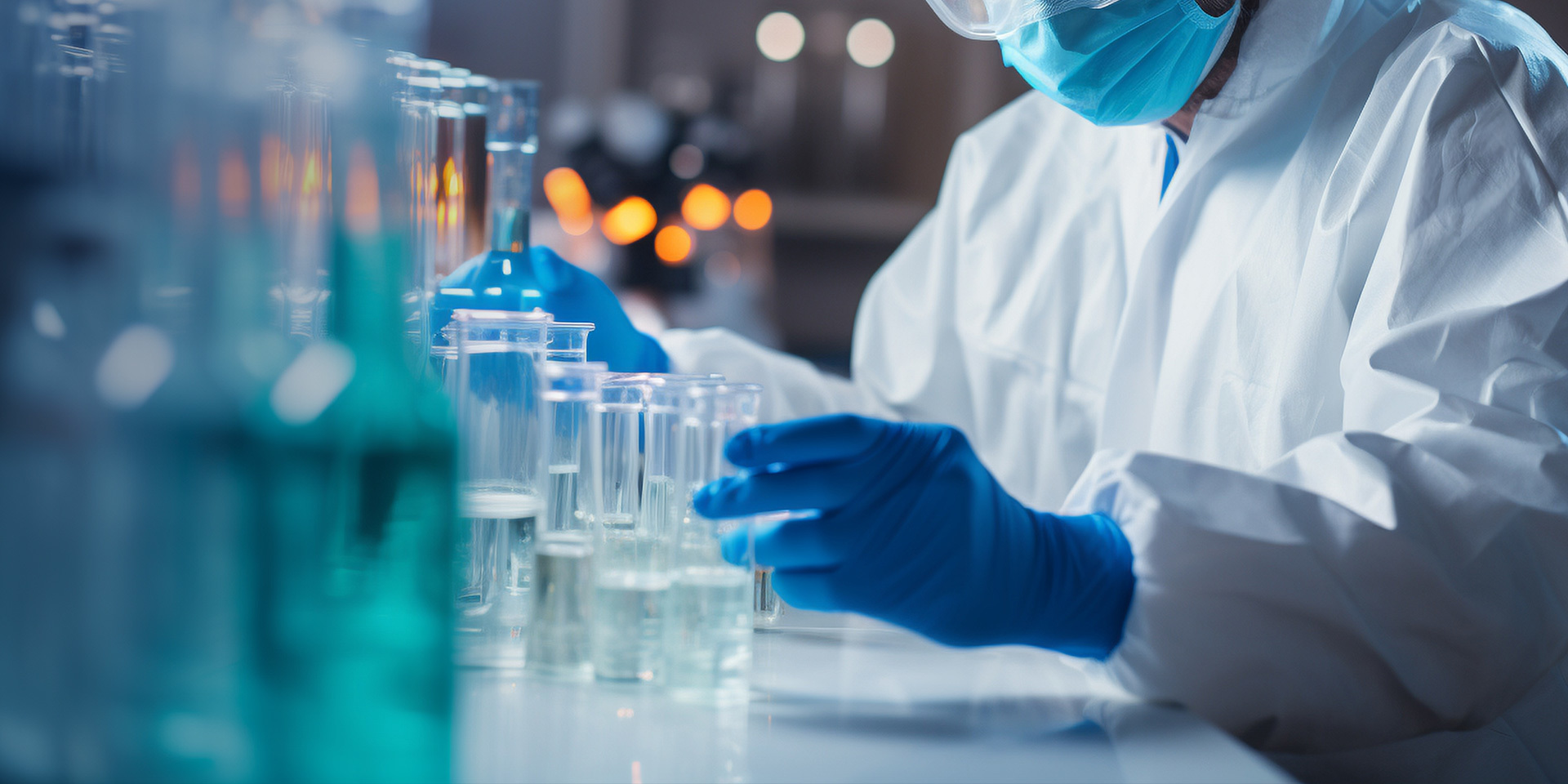GLYCOGENE
Products
GLYCOGENE
The company is headquartered in Wuhan Optics Valley. It has R & D centers and pilot-scale modern GMP-level laboratories in Qingdao and Shenzhen. It has more than 200 employees, including 12 doctors and more than 40 masters. Bachelor degree or above accounts for more than 80% of the company., Has an experienced and professional multi-level management team.
WHO ARE WE?
About GLYCOGENE
Facilities
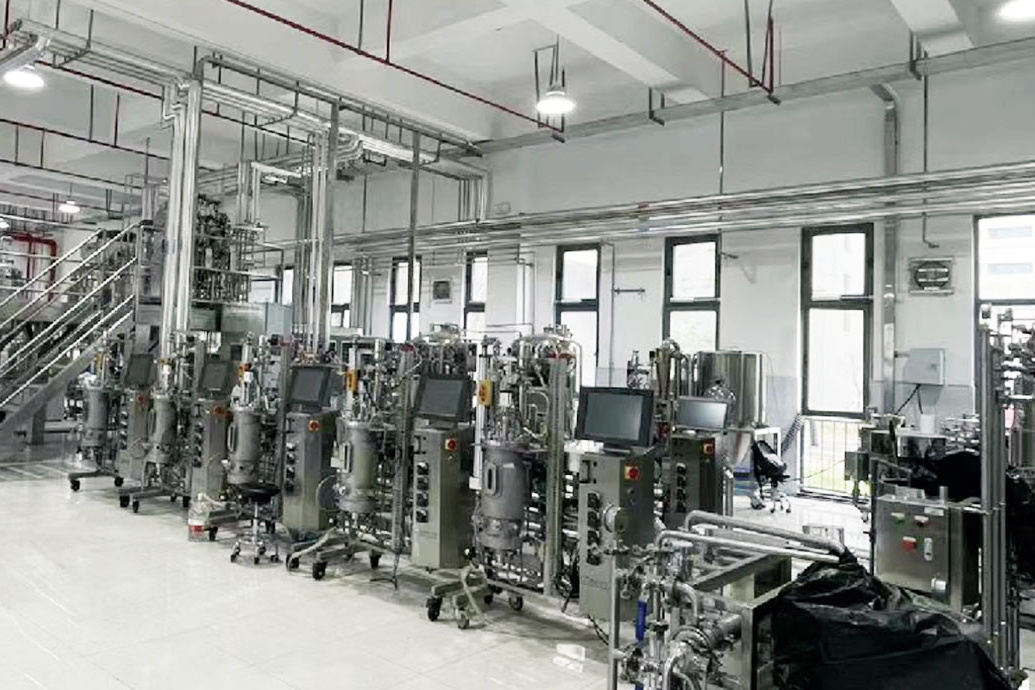
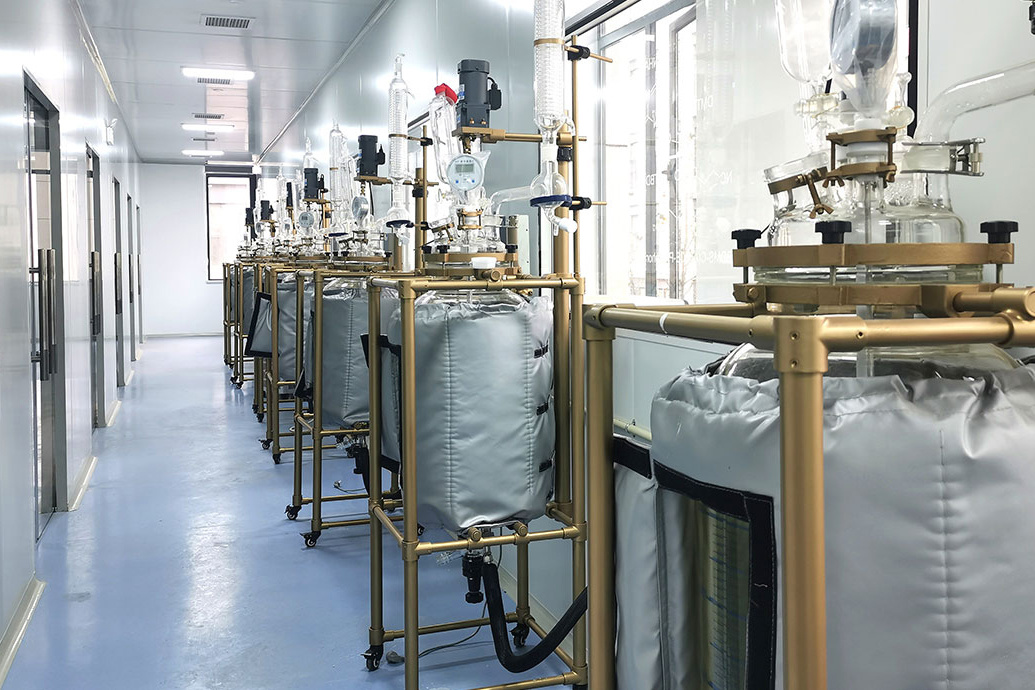
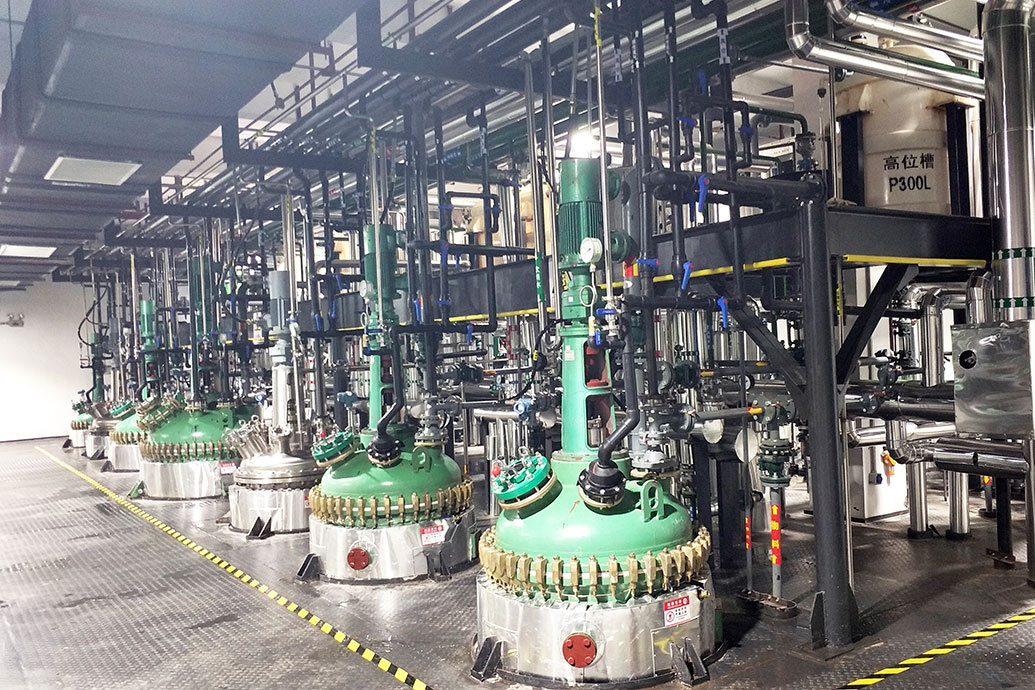
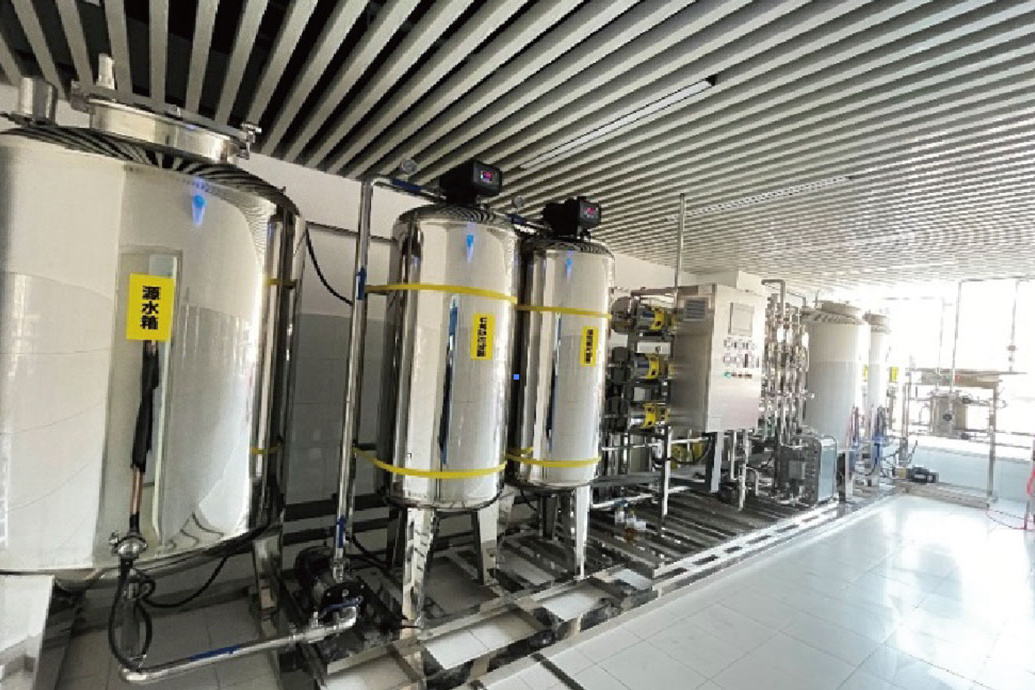
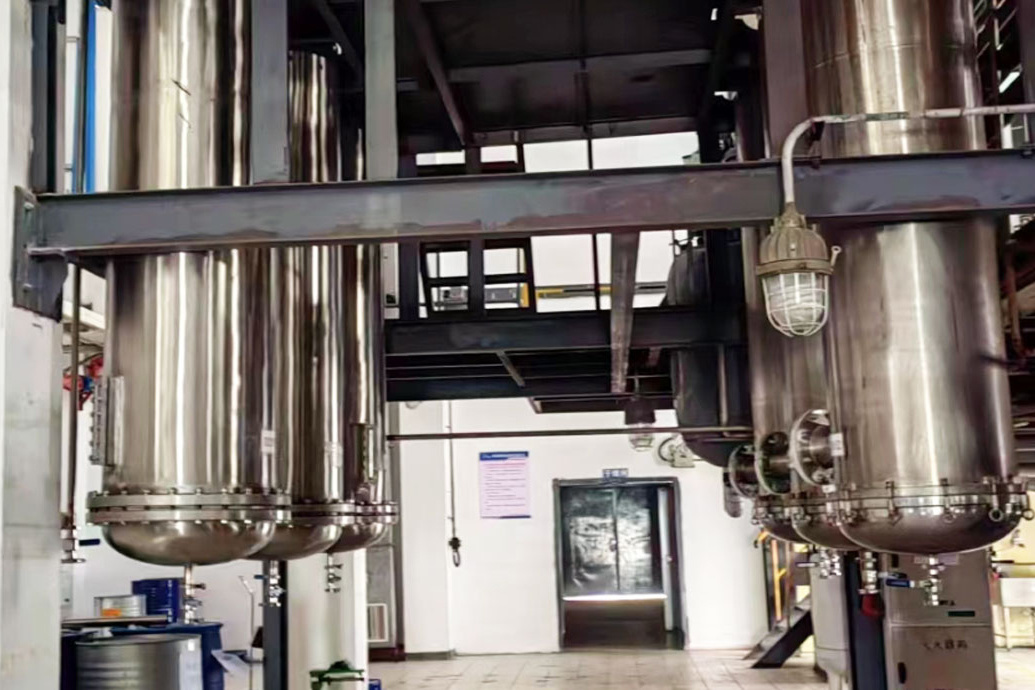
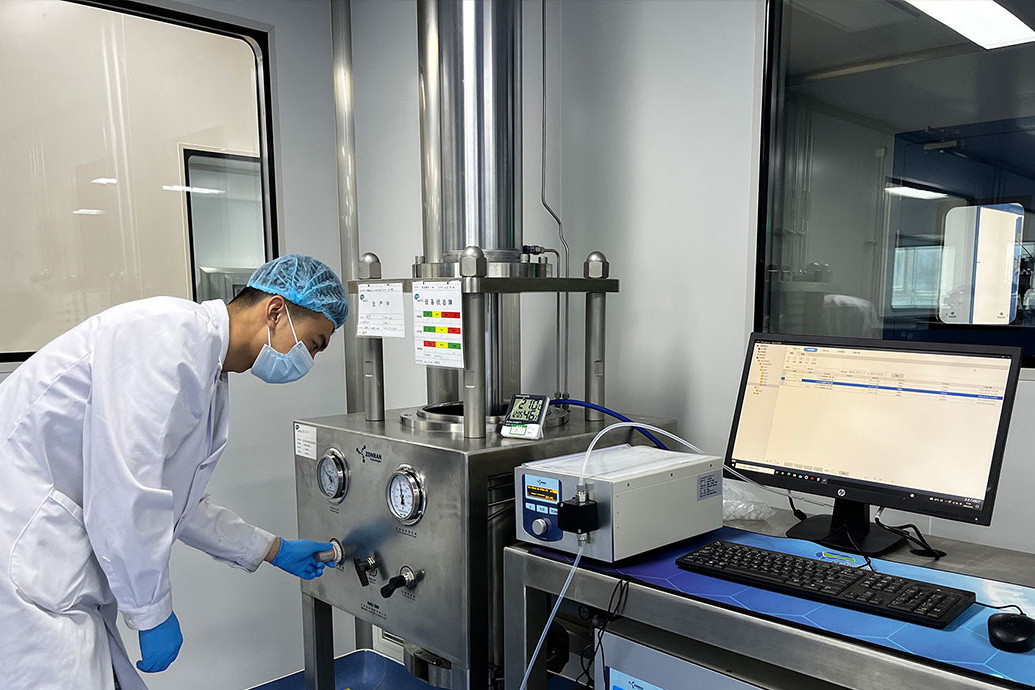
History of Sugar Science
1838
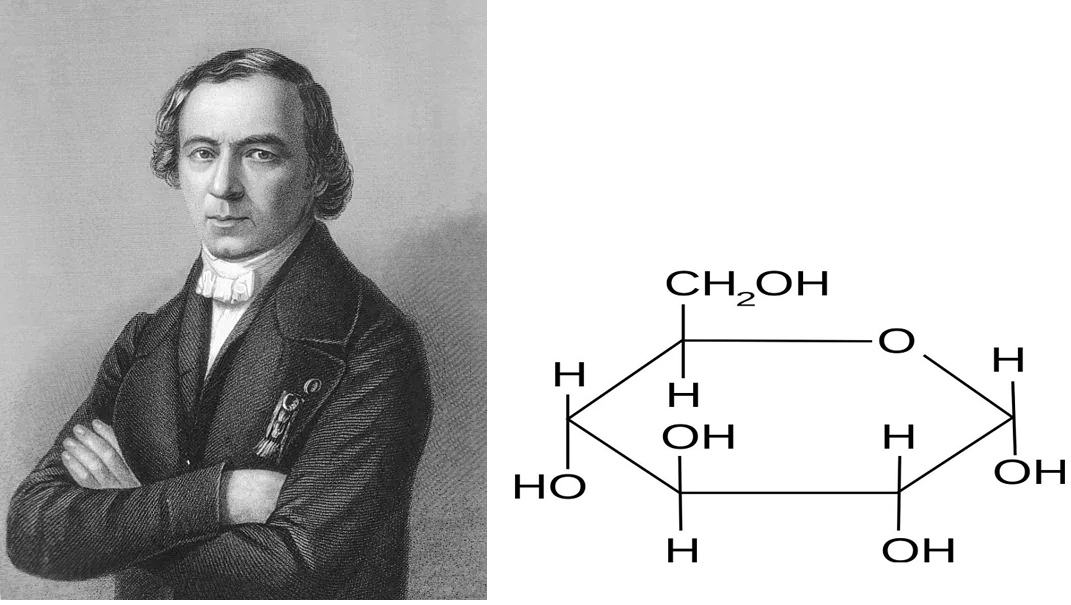
1838
1930
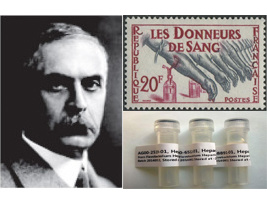
1930
1937
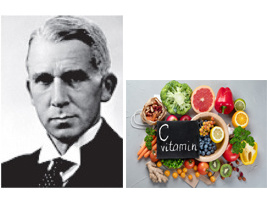
1937
1947
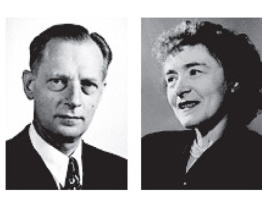
1947
1970
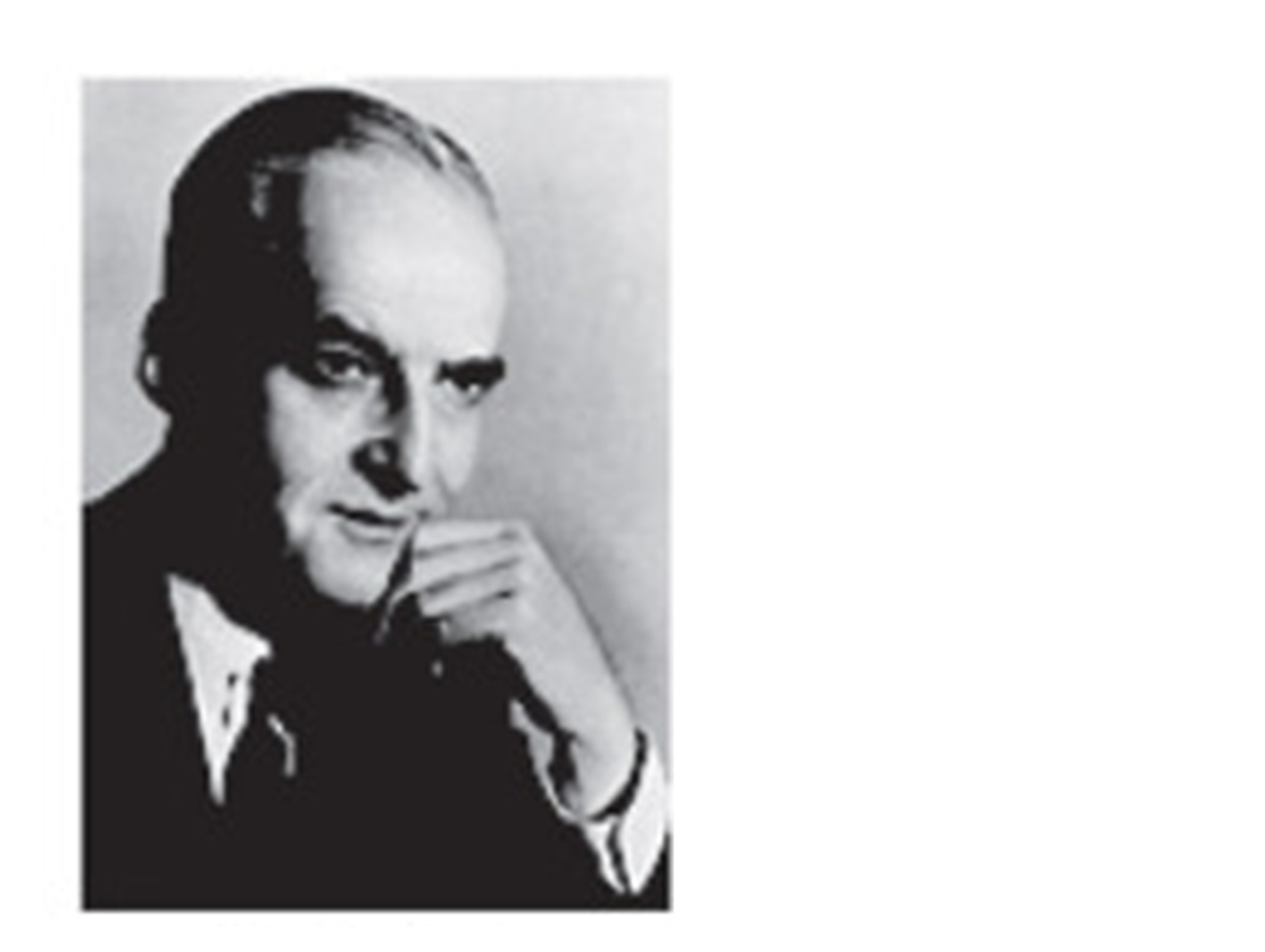
1970
2011
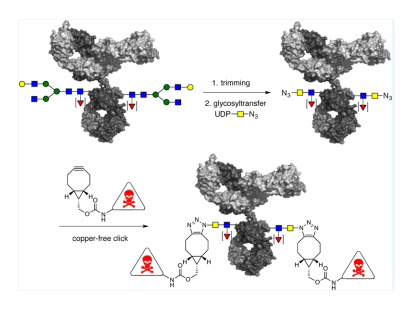
2011
2022
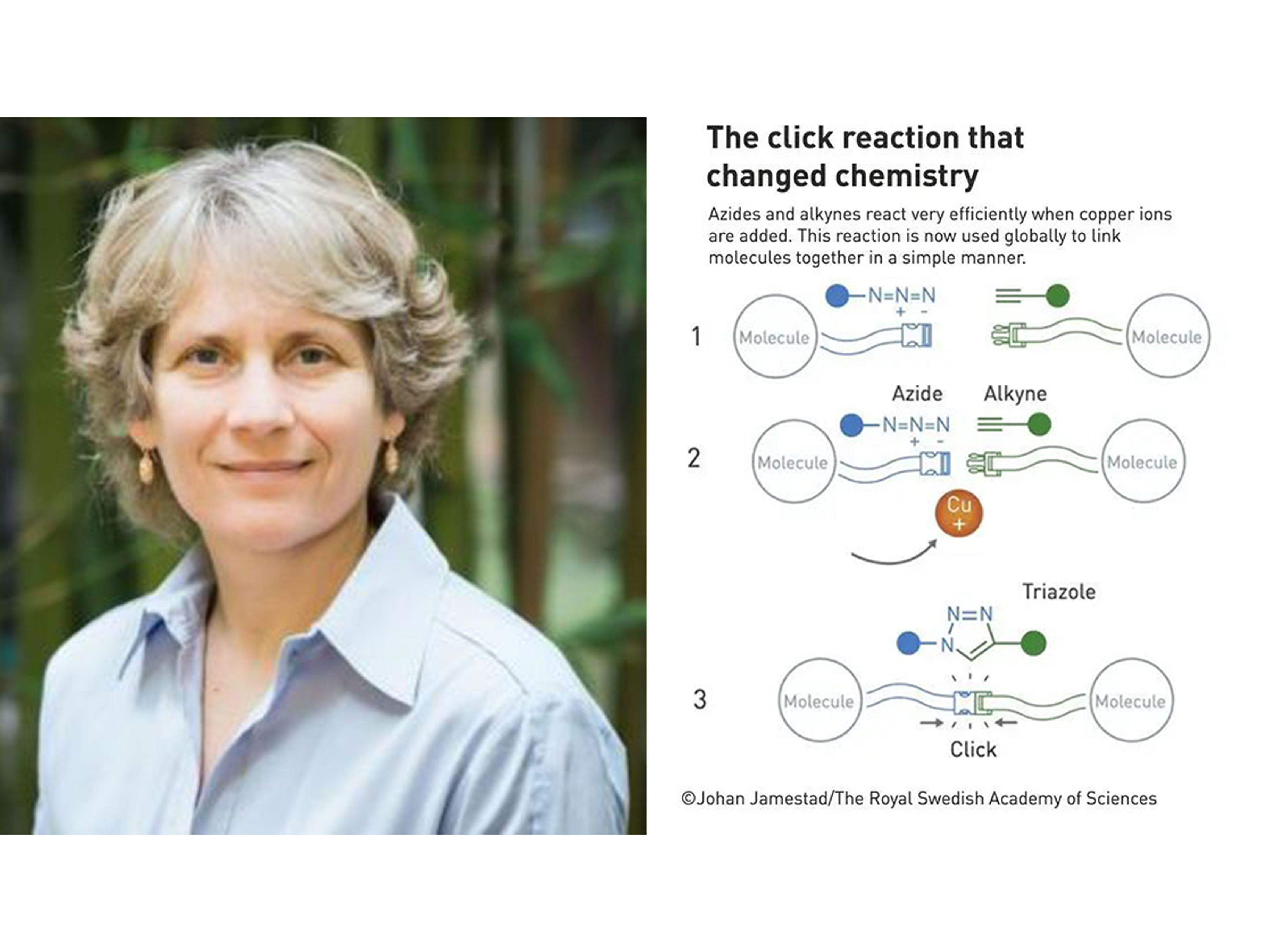
2022
Blog Center
Working Together, Chasing the Light | Tangzhi Pharmaceutical 2025 New Year Gala
As the year turns and a new chapter unfolds, we look back on 2024, a year of progress and achievement for Tangzhi. This year, we held grand annual meetings in Wuhan, Qingdao, and Panjin, celebrating our successes together. Wuhan, as the headquarters of Tangzhi Pharmaceutical, holds our initial aspirations and dreams. In 2024, we achieved remarkable results. The company was successfully selected for Wuhan's "Backbone High-tech Enterprise Gazelle Plan" and recognized as a "Potential Unicorn" enterprise in the East Lake High-tech Development Zone, a "2024 Deloitte China High-Tech High-Growth 50 Strong" company, and a "2024 Deloitte Guanggu High-Tech High-Growth Top 20" company. Over the past year, Tangzhi Pharmaceutical has continued to focus on technological innovation and product development, resulting in steady revenue growth. At the Wuhan annual meeting, in his opening address, Chairman Wang Peng reviewed the outstanding achievements we made in technological innovation and market expansion, thanked every employee for their hard work, and looked forward to the new year, where we will continue to cultivate the fields of sugar and nucleic acids, providing even better products and services to global customers.
2025-01-27
Recently, the "2024 Deloitte China Technology Fast 50" (hereinafter referred to as "China 50") was announced. Tangzhi Pharmaceutical, with its outstanding performance and rapid growth in the fields of sugar and nucleic acids, was honored to be on the list, ranking 15th with a revenue growth rate exceeding 690%! This honor is not only an affirmation of Tangzhi Pharmaceutical's innovative strength in the fields of sugar and nucleic acids, but also a commendation for its high-speed growth in a difficult environment. The Deloitte China Technology Fast 50 program has always been regarded as a "benchmark for high-growth companies globally." The selection of Tangzhi Pharmaceutical marks its leading position and strong competitiveness in the industry.
2025-01-21
New DNA-encoded chemical library technology to aid drug discovery and development
(Science and Technology Daily) Although researchers have made significant progress in the development of molecular therapies in recent years, the number of newly discovered active substances remains insufficient. Now, the DNA-encoded chemical library (DEL) technology, jointly developed by Harvard University in the US and ETH Zurich in Switzerland, offers a new solution. The technology can automate the synthesis and testing of billions of compounds in a matter of weeks, and can also be used to produce larger drug molecules that will act on targets that are difficult to reach with traditional small molecules.
2024-09-25


